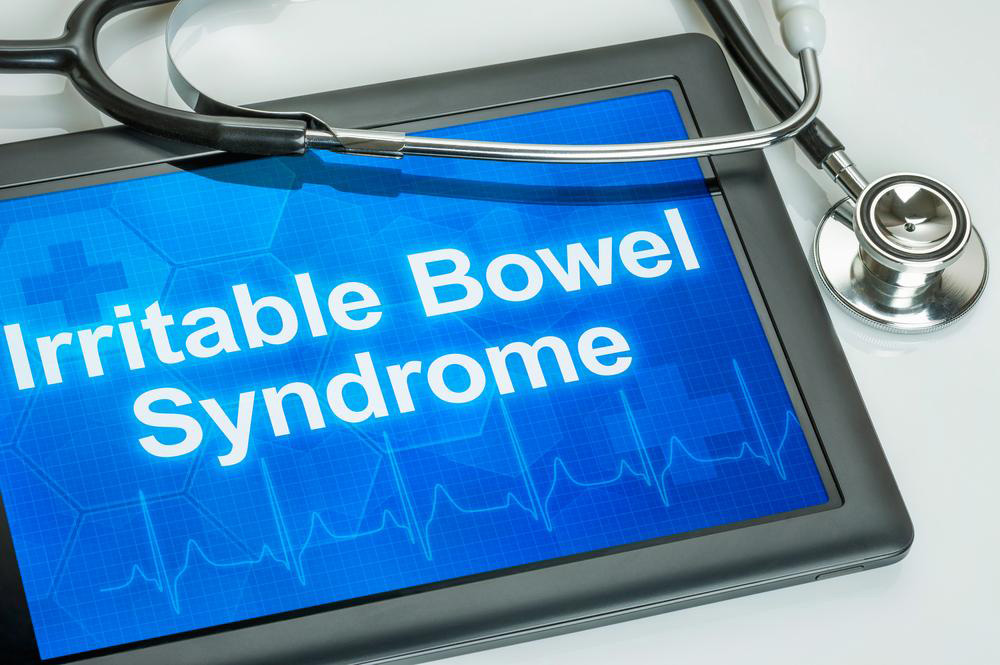Comprehensive Guide to Preventing and Managing C. difficile Infections with Probiotics
Discover comprehensive strategies to prevent and treat C. difficile infections using probiotics. This detailed guide highlights key symptoms, effective probiotic strains like Saccharomyces boulardii and Lactobacillus, and essential hygiene practices. Learn how maintaining a healthy gut microbiome can protect against C. diff, reduce infection severity, and prevent recurrence. Combining proper sanitation, probiotics, and medical consultation provides a robust approach to managing this bacterial threat. Protect your gut health with proven preventive measures and regenerative therapies designed for greater resilience and recovery.

Comprehensive Strategies for Preventing and Managing C. difficile Infections Using Probiotics
Clostridioides difficile, commonly called C. diff, is a bacterial pathogen that primarily affects the gastrointestinal tract, especially the colon. This infection is known for causing severe diarrhea, cramping, and inflammation that can lead to serious complications if not properly managed. C. diff infections are particularly prevalent among individuals with weakened immune systems, recent antibiotic use, or disrupted gut microbiota. Maintaining a balanced and healthy gut microbiome plays a pivotal role in protecting against this bacterial threat, and probiotics have emerged as a promising approach to prevention and treatment.
Understanding the Impact of C. difficile
C. diff infects the colon, disrupting the delicate balance of the gut's microbial ecosystem. It releases toxins that damage the intestinal lining, leading to symptoms such as watery diarrhea, abdominal pain, and inflammation. In severe cases, untreated infections can escalate into life-threatening conditions like pseudomembranous colitis or fulminant colitis, particularly among older adults, immunocompromised individuals, or those on medications that deplete beneficial gut bacteria. The natural presence of healthy gut flora usually keeps C. diff in check; however, antibiotic treatments and other medications can disturb this balance, creating an environment conducive to bacterial overgrowth and infection.
Recognizing C. diff Infection Symptoms
Early detection of C. diff infection is crucial for effective treatment. The symptoms can often resemble food poisoning but tend to persist longer and may worsen over time. Key signs include:
Persistent, frequent watery diarrhea, sometimes exceeding ten episodes daily
Presence of blood or mucus in stool
Persistent abdominal cramping, pain, and bloating
Nausea, loss of appetite, and vomiting
Fever and increased heart rate indicating systemic infection
Accurate diagnosis typically involves stool testing, clinical evaluation, and sometimes colonoscopy. Prompt recognition and treatment are vital to prevent complications and reduce transmission risk.
The Role of Probiotics in Prevention and Treatment
Probiotics refer to live beneficial microorganisms that, when taken in adequate amounts, help restore and maintain a healthy gut microbial balance. They support intestinal health, suppress pathogenic bacteria, and enhance immune responses. Research indicates that probiotics can significantly aid in preventing diarrhea associated with C. diff and can be an effective adjunct in managing established infections, reducing recurrence rates, and supporting overall gut health.
Key Probiotic Strains Against C. diff
Saccharomyces boulardii
This probiotic yeast has demonstrated effectiveness in controlling C. diff by strengthening gut barrier function, modulating immune responses, and reducing toxin-induced inflammation. It plays a vital role in breaking down C. diff toxins and protecting the intestinal lining from damage, thereby lowering the severity of infections and facilitating faster recovery.
LGG and Lactobacillus Species
Lactobacillus rhamnosus GG (LGG) and other Lactobacillus strains are known for their ability to survive gastric acid, colonize the intestines, and inhibit harmful pathogenic bacteria. These probiotics have been extensively studied for their efficacy in preventing and treating infectious diarrhea, including those caused by C. diff, in both children and adults.
Single vs. Multi-Strain Probiotic Formulations
Both single-strain and multi-strain probiotic supplements have their advantages. Multi-strain formulations, especially those combining various lactobacilli and bifidobacteria, have shown greater long-term benefits in reducing C. diff infection severity and recurrence. They enhance microbial diversity, improve resilience against pathogenic colonization, and offer a broader spectrum of action. Ongoing research continues to evaluate optimal combinations and dosages for maximum efficacy.
Lactobacillus reuteri
L. reuteri, a well-studied probiotic strain, produces antimicrobial compounds targeting C. diff without disrupting beneficial gut bacteria. Preliminary studies suggest its potential for preventing infection, although further clinical trials are necessary to confirm its full preventive capabilities.
Complementary Steps for Prevention
Rigorous Isolation Protocols
Infected patients should minimize contact with others, use disposable gloves, and thoroughly disinfect clothing, bedding, and personal items to prevent bacterial spread.
Enhanced Hygiene Practices
Regular and thorough handwashing with soap and water is essential, especially for caregivers and infected individuals. Wearing masks and using hand sanitizers can provide additional protection, although alcohol-based sanitizers are less effective against spores.
Effective Surface Disinfection
Surfaces in bathrooms, kitchens, and common areas should be disinfected regularly using chlorine-based or natural disinfectants proven effective against C. diff spores to reduce reinfection risk.
Consultation with Healthcare Providers
Ongoing evaluation and treatment adjustments by medical professionals are critical, particularly in severe or recurrent cases. They may recommend specific antibiotics, probiotics, or supportive care measures tailored to the patient's condition.
Implementing these strategies can significantly lower the risk of C. diff infection and recurrence, especially in vulnerable populations. Combining good hygiene, proper infection control, and probiotic supplementation offers a comprehensive approach to safeguarding gut health and combating this resilient bacterial pathogen.





